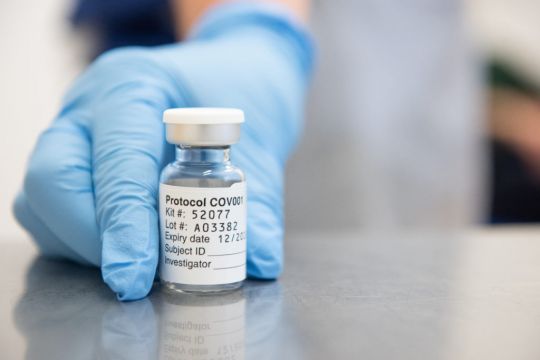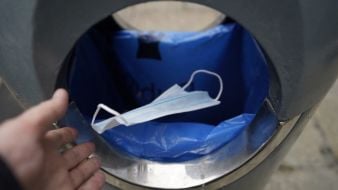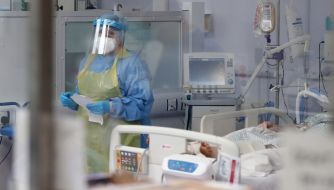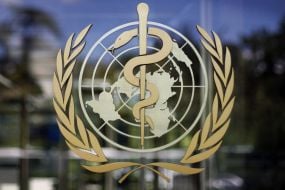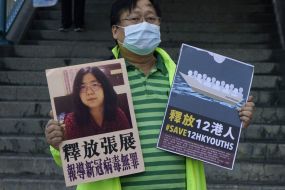Norway will delay a decision on whether to resume the use of AstraZeneca's Covid-19 vaccine until April 15th, the Norwegian Institute of Public Health (FHI) said on Friday.
Authorities on March 11th suspended the rollout of the vaccine after a small number of younger inoculated people were hospitalised for a combination of blood clots, bleeding and a low count of platelets, some of whom later died.
"We still need more information and more knowledge to reach a conclusion," Sara Viksmoen Watle, senior physician at FHI, said.
We still do not know if it is caused by the vaccine. And if it is caused by the vaccine, why?
"Now we have more of an explanation for why the patients got these symptoms... But we still do not know if it is caused by the vaccine. And if it is caused by the vaccine, why?" she continued.
Norway is one of over a dozen European countries to have suspended the rollout of the vaccine, although most have since resumed its use on the advice of the European Medicines Agency (EMA).
The shot remains on hold in Denmark, however, while other Nordic countries are just using it for older age groups.
Symptoms
The EMA has said the shot's benefits outweigh the possible risks. The World Health Organisation has also backed it.
AstraZeneca has said a review of safety data from more than 17 million people inoculated in Britain and the European Union showed no evidence the vaccine raised the risk of blood clots.
Norway has reported five cases in which healthy recipients of the vaccine were admitted to hospital with a combination of blood clots, bleedings and low platelets, three of whom have died.
Local health authorities think the individuals developed antibodies in an immune response, which stimulated blood platelets that in turn created blood clots, and later, lowered platelet counts.
Are there certain groups in the population with an increased risk of such a disease?
The question is what caused this.
"If it is the vaccine, which part? Is it the virus vector, the spike protein, a combination, or neither?," asked Ms Viksmoen Watle. "And if it is, are there certain groups in the population with an increased risk of such a disease?"
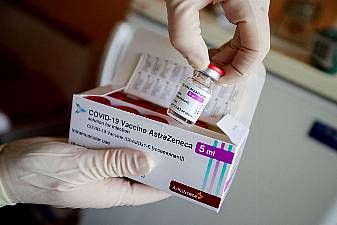
Authorities want to ensure a thorough process so Norwegians keep their trust in the vaccination programme.
During the pause, Norway will continue its own investigations, await a new evaluation by EMA, and search for any more patient cases at home or abroad.
Despite a recent rise in cases, Norway has had some of Europe's lowest rates of infections in the pandemic.
That, coupled with the delays in AstraZeneca deliveries, means "the vaccine tempo is not really slowed down that much in the short-term by having this pause," said Ms Viksmoen Watle.
